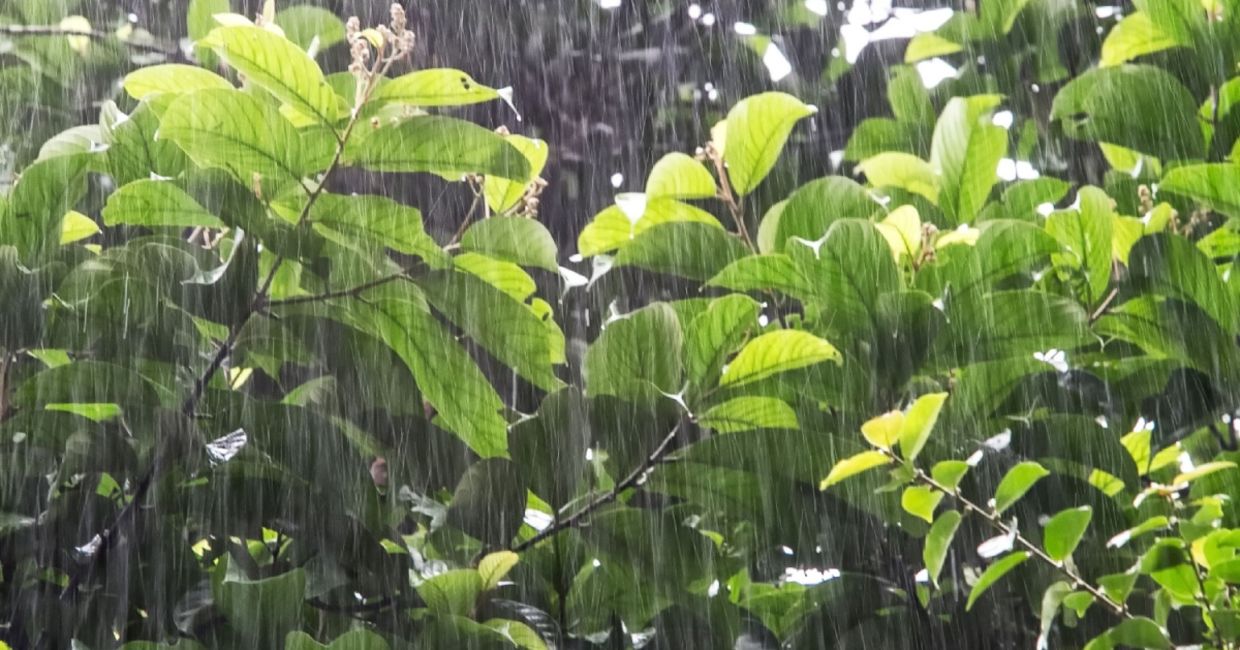
(Raymond Pauly / Shutterstock.com)
The sounds of rain, a babbling brook, birdsong, or the wind rustling leaves in the forest are all part of the music of nature. These sounds can evoke emotions and promote calm. That’s why tracks of nature have been used in so many songs like “Blackbird” by the Beatles.
Now, Sounds Right, an initiative from the Museum for the United Nations is collaborating with Spotify and other streaming platforms to recognize nature as a musician, according to Mashable. This means that nature can be paid royalties that can be used for environmental causes and conservation.
Using sounds of nature
This new initiative allows artists who use environmental sounds to credit “Nature” as a featured artist and share the royalties, reported the BBC.
“It's a way of saying to artists, ‘We all use sounds like seagulls and waves and wind. Why don't we pay nature a royalty?’” Brian Eno, who remixed his David Bowie collaboration “Get Real”, told BBC. “Hopefully it'll be a river, or a torrent, or a flood of royalties - and then what we do is distribute that among groups of people who are working on projects to help us deal with the future.”
View this post on Instagram
Other artists who contributed songs for the project include Tom Walker and Ellie Goulding, MØ, and alt-music star Aurora who is releasing a new song, “A Soul With No King”, that includes the sounds of a forest in her native Norway.
“I feel like music has the ability to make contact with nature seem desirable again,” she said; “because, somewhere deep inside our soul, we are really yearning for it.”
There is also a playlist of symphonies of nature, explained Mashable, that include recordings like “Tropical Rain sounds” or “Seascape symphony” for people to listen to. There will also be podcast episodes that are dedicated to environmental issues.
Where will the royalties go?
The Sounds right project has estimated that more than 600 million listeners will collect over $40 million in royalties and donations in the first four years, reported EchoWatch. The funds will be collected by Brian Eno’s nonprofit EarthPercent in the US and UK and will be used for biodiversity conservation as well as restoration projects around the world.
There will be an independent advisory group that includes environmental activists, indigenous groups, and leading conservationists that will help decide where the funds will go. Projects in the Indian Ocean islands, Madagascar, Philippines, and the Atlantic forest will be prioritized.
While there has been a long debate on whether streaming contributes to harmful emissions, giving nature credit and royalties can turn streaming to the right side of climate action. This project is just one of a growing movement to give nature legal rights and could restore the fragile relationship between humans and the environment.
YOU MIGHT ALSO LIKE:
Listen to Nature's Chorus
Enjoy the Benefits of Listening to Nature
People and Nature Can Share a Home!







